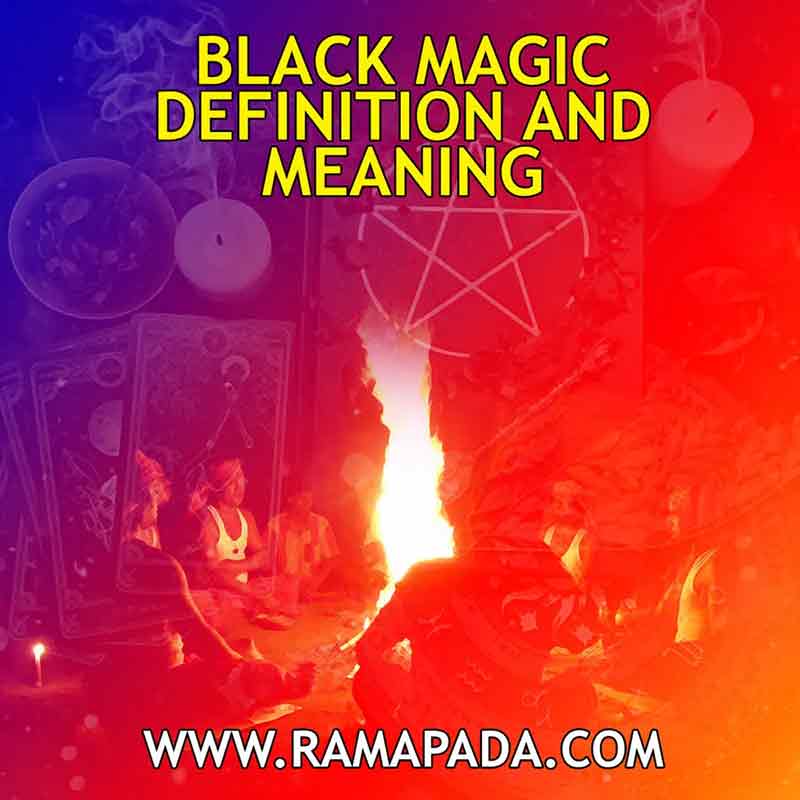Black magic, a term steeped in mystery and often portrayed in fiction, has captivated imaginations for centuries. But what exactly is it, and is there any truth behind the legend?
The Dark Side of Magic
Traditionally, it refers to the use of supernatural powers for evil or selfish purposes. People often associate it with the occult, devil worship, and evil spirits. People believed practitioners of this magic could inflict harm, control others, or even commune with demons.
The definition itself reveals a key aspect: morality. Intention separates black magic, associated with negativity, from white magic, used for good.
Roots in History and Culture
The concept of it is woven into the fabric of many cultures. From the witch hunts of medieval Europe to the curses and hexes found in various belief systems, the fear of this has manifested in diverse ways.
Beyond the Supernatural: A Psychological Lens
Psychologists offer alternative explanations. Belief in black magic fuels fear and anxiety. People misinterpret unexplained events as curses. Believing in a curse can trigger the placebo effect, amplifying negative feelings and causing them to manifest physically through misinterpretation.
Black Magic Today: Fiction and Cultural Exploration
It continues to hold a place in popular culture, from terrifying horror movies to fantastical novels. While not factual, these portrayals reflect our enduring fascination with the unknown and the potential darkness that lurks within the human psyche.
Conclusion: A Realm of Mystery
Black magic is a reminder of the power of belief and the human desire to understand the unseen. Whether it’s a source of fear or fascination, it remains a captivating concept that continues to spark our imaginations.

